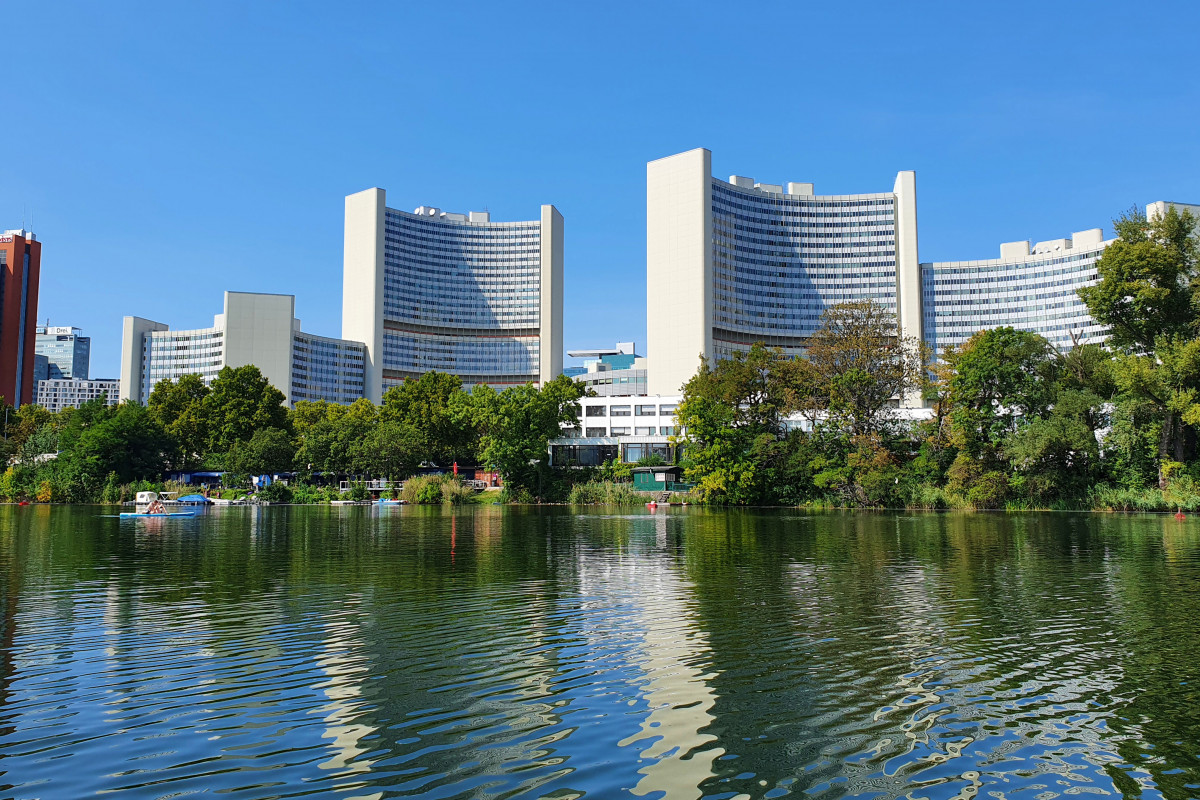Sponsored Content
Innovative Solutions for Inclusive Employment and ICT: The Zero Project Conference 2025 in Vienna
The future of inclusion and accessibility is being shaped by innovation and collaboration. In an increasingly digitalized world, ensuring equal opportunities for people with disabilities has become a crucial global priority. The Zero Project Conference 2025, held at the United Nations Office in Vienna with over 120 sessions and 360 speakers, served as a platform for exchanging ideas, presenting pioneering technologies, and fostering global partnerships to drive change.
 The Zero Project Conference 2025, held in Vienna, attracted over 1,000 participants from 90+ countries to promote inclusive employment and digital accessibility through 120 sessions and 360 speakers. / Picture: © Vindobona.org
The Zero Project Conference 2025, held in Vienna, attracted over 1,000 participants from 90+ countries to promote inclusive employment and digital accessibility through 120 sessions and 360 speakers. / Picture: © Vindobona.org
From March 5 to 7, the Zero Project Conference 2025 took place at the United Nations Office in Vienna. For the 13th time, an international community of innovators, policymakers, and experts gathered to present and discuss new solutions for the inclusion of people with disabilities. Organized by the Essl Foundation in collaboration with the UN Office in Vienna (UNOV) and the UN Office on…
or Log In
Fast News Search





